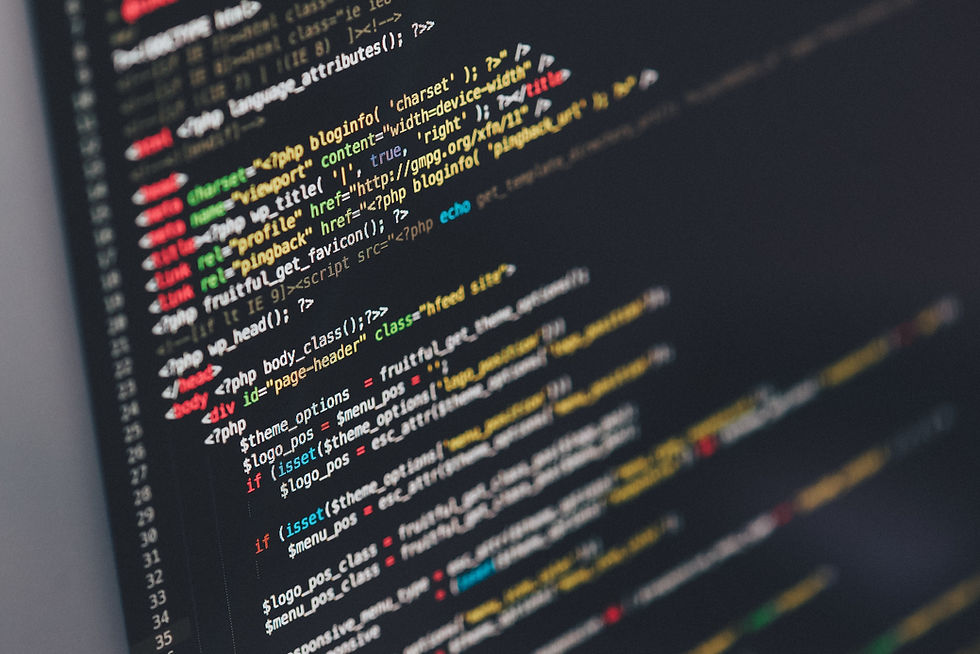The Promise of Personal Bioinformatics
- 2244 Online

- Mar 26, 2020
- 2 min read

The Economist March 14th, 2020 pp13-14 Technology Quarterly|Personalised medicine
The sum of all lives. “The coming of the datome” “The way people theirs lives can be mined, too”
What health information can be revealed from data mining? As an example, Kry a Swedish digital health-care firm “offers information on the sicknesses for which people are currently booking doctor’s appointments…”. Worldwide we are generating “2.5 exabytes of data a day” and “30% pertain to health”. The health data includes “insights into the health of populations and of individuals, the efficacy of drugs and the efficiency of health-care systems”. Some argue we are underutilizing these data and are calling for more investment in mining these data. Besides Kry, a small company, Amazon, Apple, Facebook and Google are getting involved because they suspect that healthcare entities and government will pay for access to this information. “Make sense of all this data for them….and you can make money helping people stay healthy and warning them of disease”.
The personal Datome, or personal digital signature, essentially will consist of all relevant information including medical histories, traditional clinical laboratory tests and genetic tests, imaging tests and data from personal monitoring devices tracking activity-steps, gait measurements and heartbeat etc. According to “Medopad, health-technology firm in London,…conditions from Parkinson’s, depression and breast cancer can all have a distinctive effect on a patient’s gait”. Another example, having access to a live database from heartrate monitoring can alert healthcare providers to onset of infection within a population-heartrate perceptively rises with infection. Similarly, these digital biomarkers may help predict the risk of Alzheimer’s or heart attack.
As with other applications using machine learning and algorithms, there are concerns about bias in training sets. Such bias is created, at least in part, when input data is device dependent such that data from one device might not create the same algorithm as data from a different device or different source. A Fitbit and Apple Watch may not be standardized sufficiently to allow generalized algorithms. It may be too, that the data sample may be drawn from one population may not apply to all groups within a population.
Other concerns about applying the Datome relate to protecting privacy, misuse of the data by private and public agencies, needless worrying by patients, and the cost for benefit.



Comments